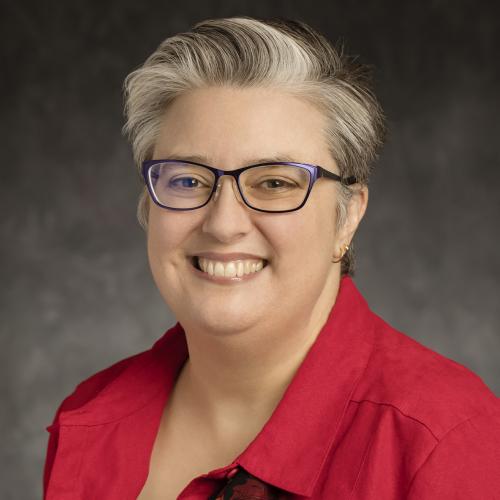Professor Catherine Blake will present the keynote at the Health Science Librarians of Illinois (HSLI) Annual Conference, which will be held virtually from September 7-9. HSLI promotes the professional and educational development of Illinois librarians, information professionals, and library students in the health sciences.
For her keynote, "Evidence-Based Librarianship and the Case for Quality Over Quantity," Blake will provide a series of case studies to illustrate how many of the lessons learned after decades of working with large quantities of literature should be used in the context of big data. According to Blake, getting the right data takes work but is critical to reach a valid conclusion and avoid misleading information that might be more readily accessible.
"Librarians are uniquely positioned within complex data ecosystems to ensure that the biases that we know about when using literature are not reinforced as we shift to reusing data," said Blake.
Blake holds a joint appointment in the iSchool and Carle Illinois College of Medicine, where she serves as a Health Innovation Professor. She conducts research in biomedical natural language processing that is inspired by her studies of how humans synthesize evidence for decision making in clinical and policy settings, such as her work on risk assessments. At the iSchool, Blake teaches databases and text mining. She holds a PhD and MS in information and computer science from the University of California, Irvine, and an MS and BS in computer science from the University of Wollongong, Australia.
